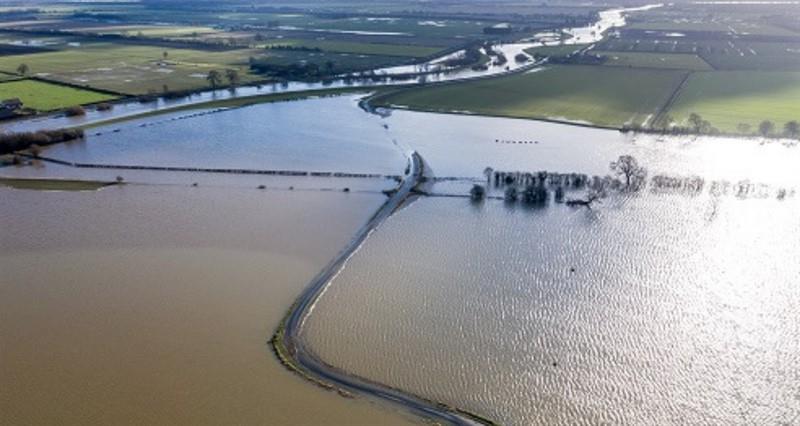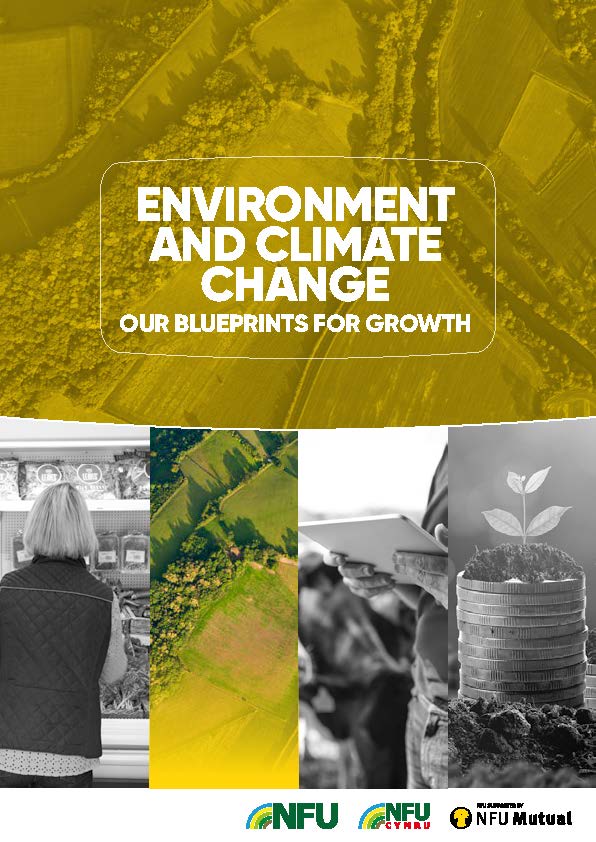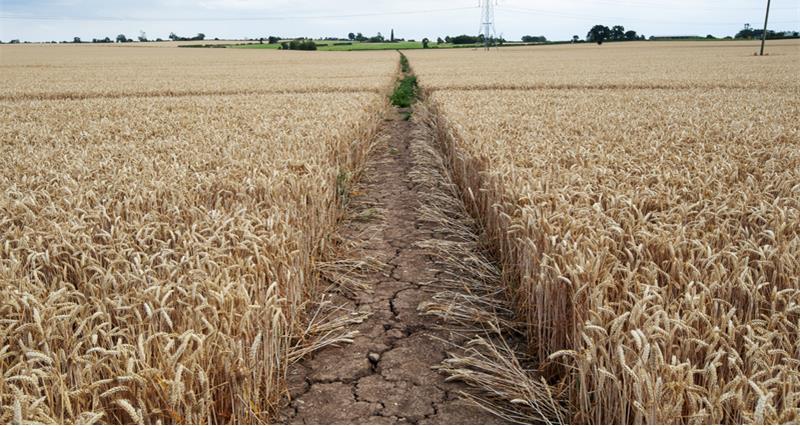The Climate Change Adaptation report assesses the risks and opportunities from climate change and concentrates on UK production up to farmgate, the impacts that production may have downstream on demand, and markets.
The climate risks and opportunities are those affecting either the functions, services, or assets of the industry or AHDB now, in 2050 (at a 2°C temperature rise) and in 2100 (at 2°C and 4°C increases in temperature).
Thirteen risks/opportunities were determined under the themes of productivity, business infrastructure, landscape and markets, and a range of impacts and actions to address these then considered.
The NFU has welcomed the report, which speaks to its newly published Blueprints for Growth that highlight the need for strong and resilient productive capacity to safeguard against risks such as global climatic events.
The Blueprints call for ‘a clear plan as we prepare for the next Climate Change Risk Assessment and National Adaptation Programme which assesses and meets the scale and wide-ranging nature of the challenges ahead’.
What are the risks and opportunities?
The high-priority risk/opportunities are critical now and will continue to be. All are also key to food production.
These are:
- Risks to soils eg, heavier rainfall events can lead to erosion, and compaction/poaching risks from livestock and machinery.
- Risks/opportunities from agricultural productivity eg, adverse impacts on forage affects growth rates and risks of poorer crop establishment in the spring and autumn. But warmer winters could lower winter feed and energy costs from livestock housing and new crops such as soya, sunflower and grain maize could become viable.
- Risks from flooding eg, changing precipitation patterns may also increase groundwater pollution issues in NVZs (nitrate vulnerable zones), or equivalent.
Medium risk/opportunities are those which have a relatively moderate impact and likelihood, but are interdependent with the high-priority group.
These include carbon stores, pests and pathogens, on-farm infrastructure and international trade.
Lower-priority risks/opportunities are of no less importance.
These tend to be longer-term and of relative lower magnitude, including opportunities for alternative species and risk from saltwater intrusion. These require a watching brief.
The report also considers what AHDB might do to support its levy payers including developing climate change risk assessments.
What needs to be done to adapt?
On the launch of the report, AHDB head of environment Rachael Madeley-Davies said: “The focus for agriculture to date has been around climate mitigation actions, i.e. how agriculture can reduce its environmental impact.
“There is currently little data at scale of the implementation of actions that could be used to adapt to climate change on farms in the UK and this report fills that gap.
“Ultimately agriculture needs to begin adapting to, as well as mitigating against, climate change – it’s two sides of the same coin.”
Like the risks, the actions available to build climate resilience are also interlinked.
“Ultimately agriculture needs to begin adapting to, as well as mitigating against, climate change – it’s two sides of the same coin.”
AHDB head of environment Rachael Madeley-Davies
Many of the actions are already taking place, driven by factors other than climate change such as maintaining soil health for productivity and animal health and welfare.
This is the first such report by an organisation from the agricultural sector under the Adaptation Reporting Power of the Climate Change Act and has been a significant undertaking by the AHDB.




